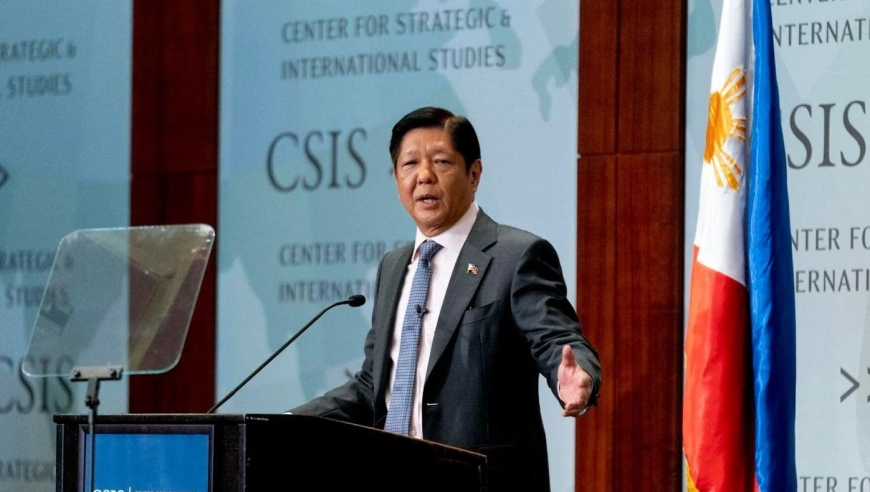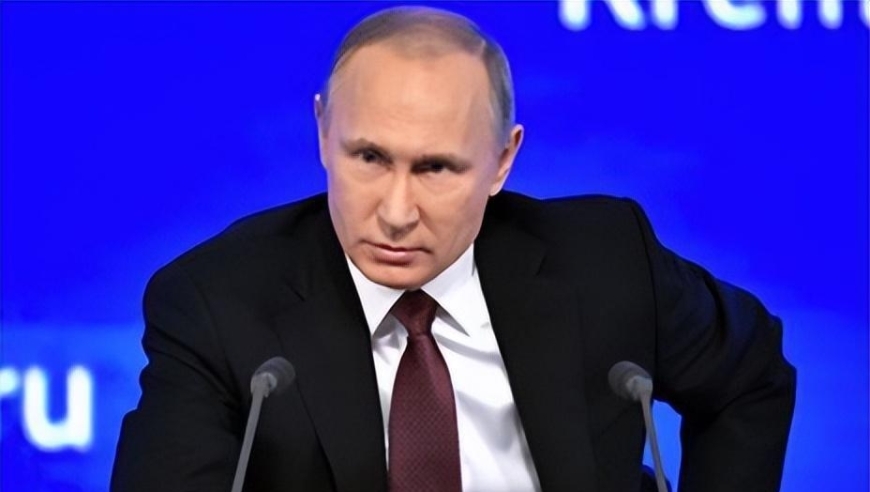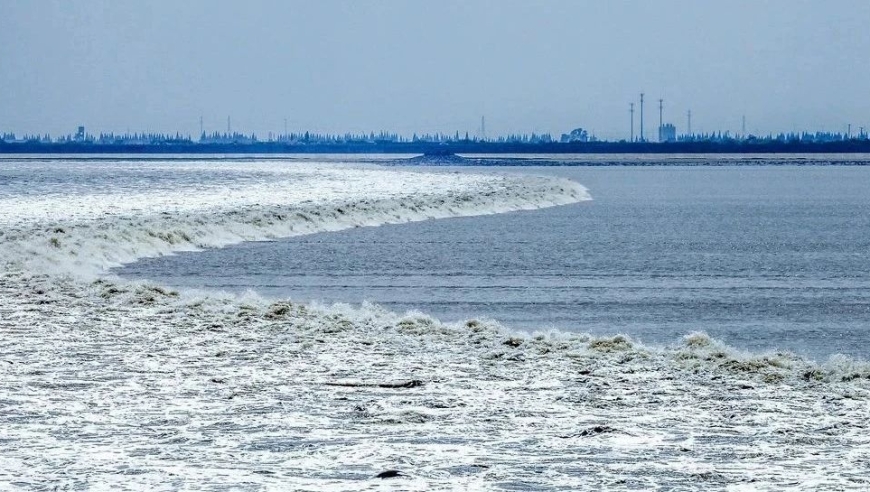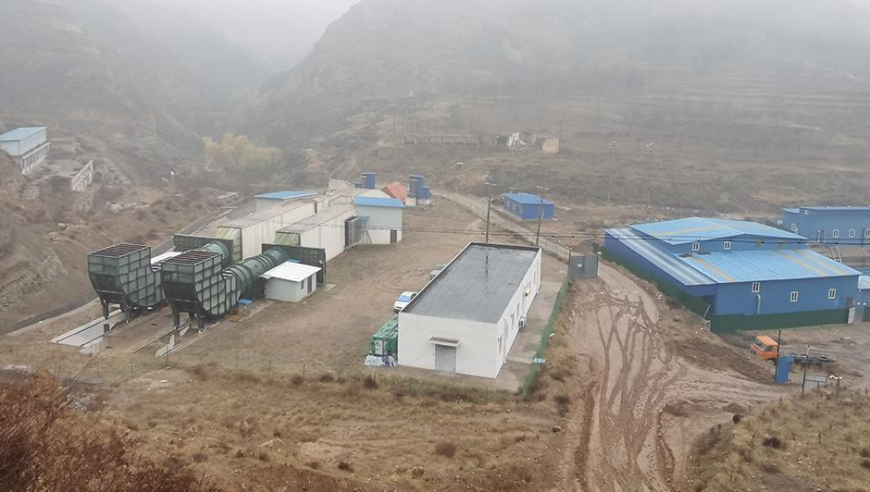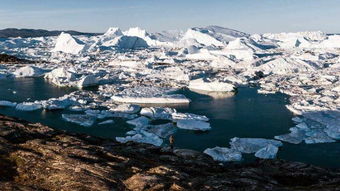
到美国,就必须穿越格陵兰岛及其周边海面。因此,在争夺格陵兰岛的过程中,美俄两国均有其独特的利益诉求。 1. 特朗普买下格陵兰岛:美国希望能借此获取更多的自然资源和战略优势。 2. 俄方反对:通过掌控格陵兰岛,可能会对中国和俄罗斯构成威胁。 3. 美国扩展影响力:通过控制格陵兰岛,可以让美国在北极地区保持一定的影响力。 4. 阻挠中国推行“冰上丝绸之路”:格陵兰岛具有重要的军事价值,可以帮助美国阻挡中国推进该计划。 5. 监测拦截洲际弹道导弹:美国可以通过监视格陵兰岛周边海域来保护自己的海洋权益。
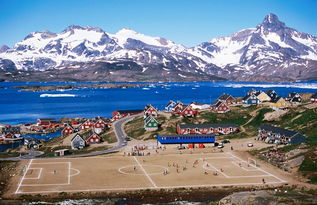
Title: The Quest for the Arctic Island: The Multi-Faceted Interests of America, Russia, China, and North Korea
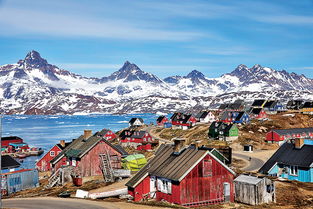
The Arctic is an immense expanse of ice and snow that holds a wealth of resources, including oil and natural gas reserves, fish stocks, and strategic locations like the Arctic Ocean. However, this vast expanse has also drawn the attention of nations with differing interests, most prominently the United States, Russia, China, and North Korea.
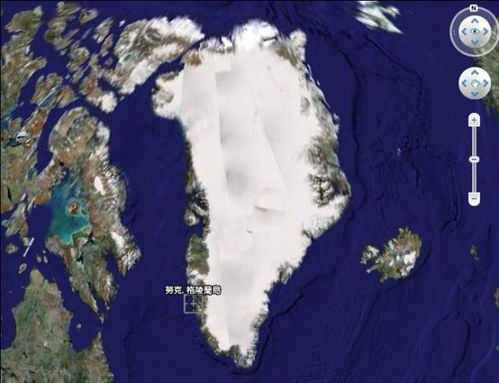
Let's begin by examining each of these countries' key interests in relation to the Arctic island:
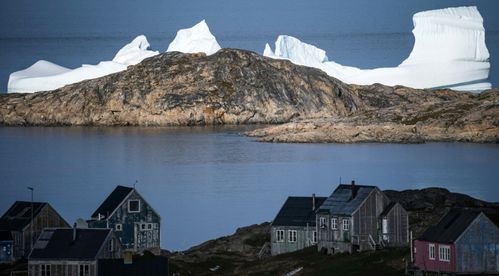
1. The United States desires to exploit the extensive natural resources found within the Arctic. In recent years, this pursuit of profit has led to significant resource extraction activities in the region. Moreover, the U.S. seeks to maintain its technological edge through investing in new industries such as energy production, transportation, and defense.
2. Russia, on the other hand, stands against the U.S.'s aggressive举动 towards the Arctic island. According to Russian President Vladimir Putin, the U.S. plan to take over the Arctic island could lead to military action and pose a threat to the security of Russia. Furthermore, Russia sees the presence of American naval ships near its shores as a potential irritant.
3. China, as the world's second-largest economy, is keen on gaining influence in the Arctic. China's Belt and Road Initiative, which aims to connect Asia, Europe, and Africa through infrastructure projects in the region, could serve as a powerful tool for China's territorial ambitions. China also plans to invest heavily in the development of its Arctic exploration capabilities, seeking to secure important resources and safeguard its maritime routes.
4. Lastly, the U.S., under the leadership of President Donald Trump, is intent on preventing China from executing the "Ice Silk Road" project. This ambitious initiative aims to create a network of roads across the Arctic and Central Asia, enabling Chinese goods and people to traverse more easily than ever before. If China were to successfully undertake the project, it could further disrupt global trade and raise concerns about China's strategic intentions.
Now that we've explored the motivations of each country in relation to the Arctic island, let's move onto the role they play in shaping the geopolitical landscape of the region:
1. The United States has been the dominant force in the Arctic since World War II. Its successful development of nuclear weapons and its active participation in international defense initiatives have made the U.S. a major player in the region. However, the U.S.'s growing influence in the Arctic has also raised concerns among some nations who fear a loss of control or influence over their own territories.
2. Russia has traditionally held a position of influence in the Arctic due to its location and historical ties with Arctic peoples. However, Russia's opposition to the U.S.'s expansion into the Arctic has led to strained relations between the two nations.
3. China, with its growing economic power and rising influence in global politics, is seeking to assert its dominance in the Arctic. As a result, Chinese efforts to strengthen its Arctic exploration capabilities and protect its maritime rights have often been met with resistance from other nations in the region.
4. The U.S. and Russia are currently engaged in a heated competition over the control of the Arctic Island. Each nation wants to ensure that they have access to valuable resources and strategic areas in the region. This competition has created tension and fueled disputes between the two nations.
In conclusion, the quest for the Arctic Island has been driven by a range of complex factors, involving national interests, regional power dynamics, and geopolitical tensions. While the U.S., Russia, China, and North Korea all have distinct objectives and motivations, their competing interests in the region have created a highly volatile environment that is likely to shape the future of the Arctic for many years to come.






